
In a plot twist straight out of Orphan Black, the Supreme Court has ruled that naturally occurring DNA cannot be patented, but synthetic biological material is fair game. The case involved Myriad Genetics, a company specializing in molecular testing, after it tried to patent two genes -- BRCA1 and BRCA2 -- that are often linked to breast and ovarian cancer. The Association for Molecular Pathology filed the suit, arguing that the patent would place undue restrictions on research since only Myriad would be allowed to tinker with those genes. The ruling established that isolating naturally occurring genetic material -- as Myriad did -- wasn't enough to justify legal ownership, but so-called complementary DNA (meaning it's man-made) would be eligible for patenting. Myriad had no comment at the time of this writing, but Sandra Park, an attorney with the ACLU Women's Rights Project said, "Myriad did not invent the BRCA genes and should not control them. Because of this ruling, patients will have greater access to genetic testing and scientists can engage in research on these genes without fear of being sued."
Filed under: Science, Alt
Comments
Via: CNN
Source: Supreme Court of the United States
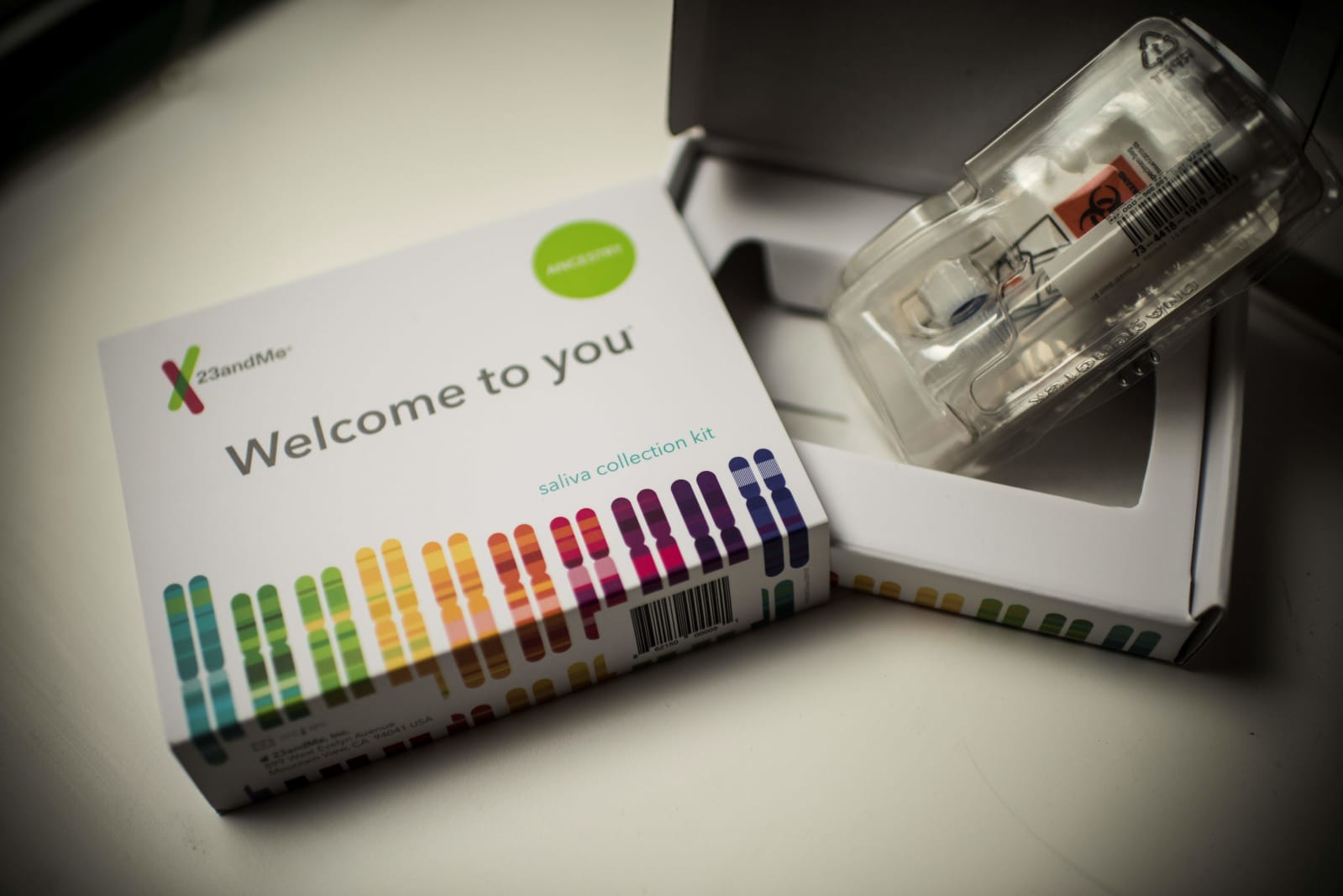 23andMe is betting that its gene testing kits can help identify another major health risk: diabetes. The company plans to offer a report that identifies your genetic predisposition toward type 2 (that is, adult onset) diabetes. Unlike the company's...
23andMe is betting that its gene testing kits can help identify another major health risk: diabetes. The company plans to offer a report that identifies your genetic predisposition toward type 2 (that is, adult onset) diabetes. Unlike the company's...
 23andMe is betting that its gene testing kits can help identify another major health risk: diabetes. The company plans to offer a report that identifies your genetic predisposition toward type 2 (that is, adult onset) diabetes. Unlike the company's...
23andMe is betting that its gene testing kits can help identify another major health risk: diabetes. The company plans to offer a report that identifies your genetic predisposition toward type 2 (that is, adult onset) diabetes. Unlike the company's...
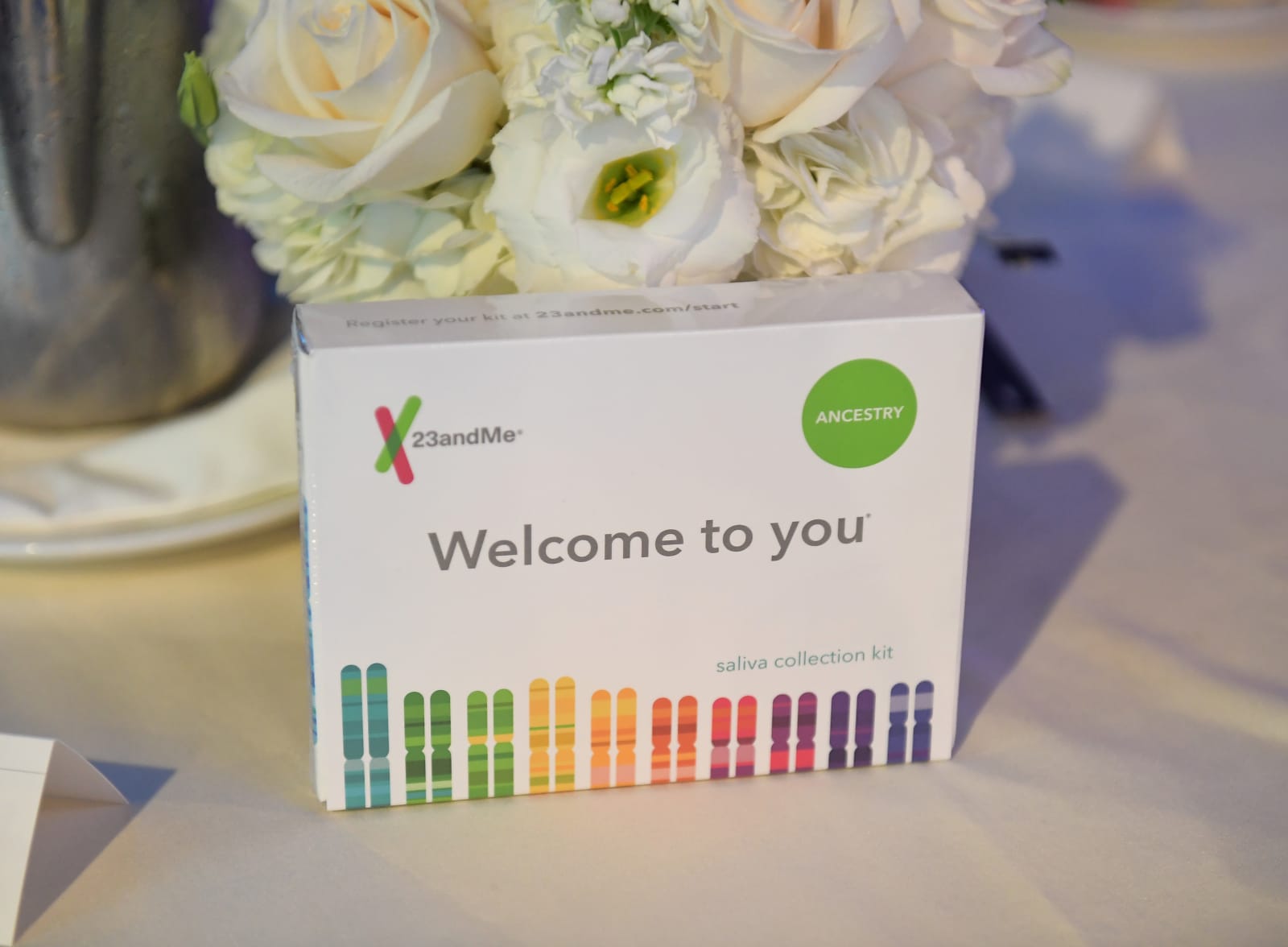 A number of genetic testing companies, including 23andMe and Ancestry, have signed onto a set of guidelines that aim to address consumer privacy concerns, the Washington Post reports. The privacy best practices, drafted alongside the Future of Privac...
A number of genetic testing companies, including 23andMe and Ancestry, have signed onto a set of guidelines that aim to address consumer privacy concerns, the Washington Post reports. The privacy best practices, drafted alongside the Future of Privac...
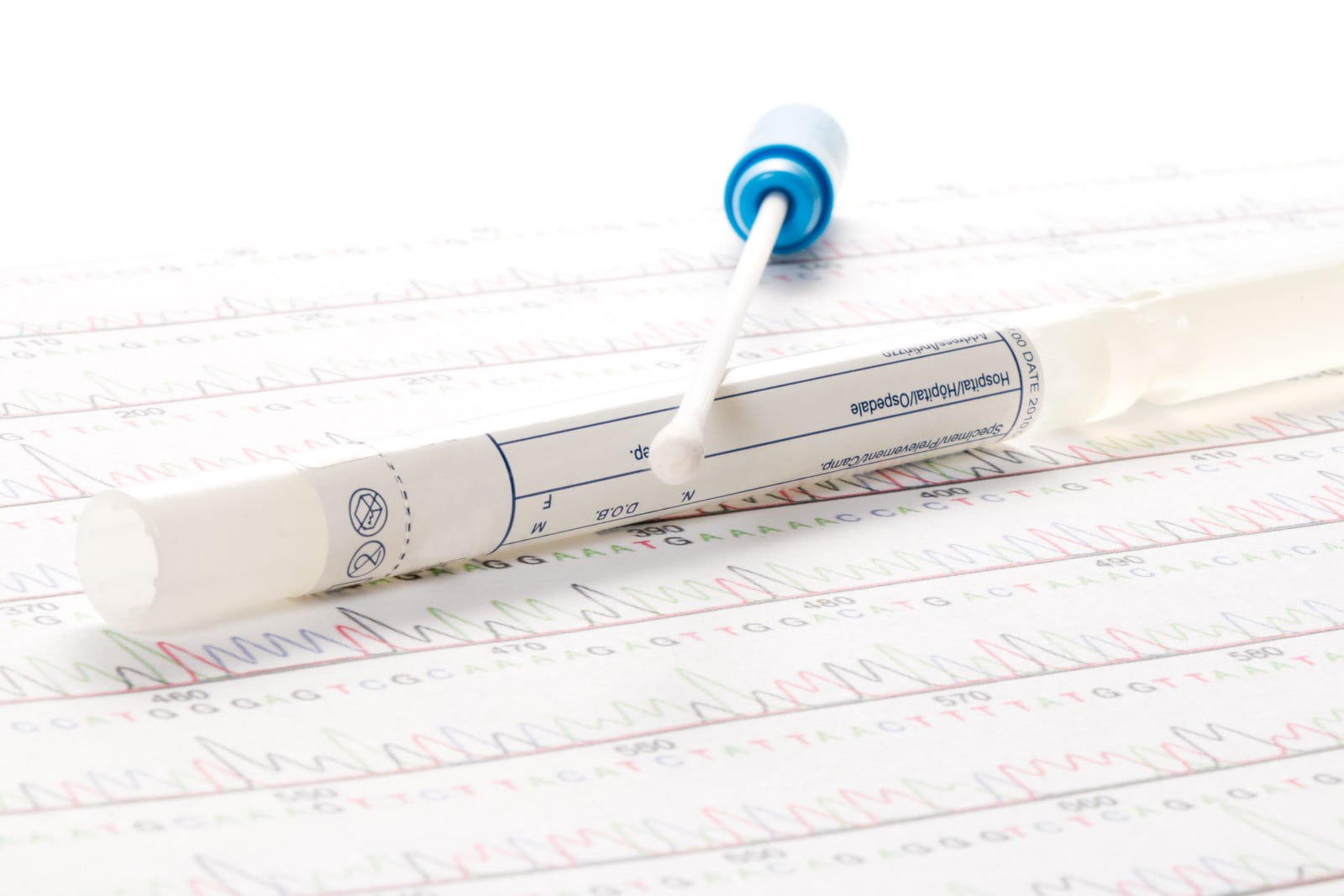 FDA Commissioner Scott Gottlieb announced new rules today regarding direct-to-consumer genetic health risk (GHR) tests and the process by which they're approved for sale. In a statement, Gottlieb explained that these sorts of tests can provide more a...
FDA Commissioner Scott Gottlieb announced new rules today regarding direct-to-consumer genetic health risk (GHR) tests and the process by which they're approved for sale. In a statement, Gottlieb explained that these sorts of tests can provide more a...
 The Navajo Nation banned genetic studies in 2002 due to concerns over how its members' genetic material would be used, but, as Nature News reports, the Navajo are considering a reversal of that policy. An oncology center is set to open next year on N...
The Navajo Nation banned genetic studies in 2002 due to concerns over how its members' genetic material would be used, but, as Nature News reports, the Navajo are considering a reversal of that policy. An oncology center is set to open next year on N...
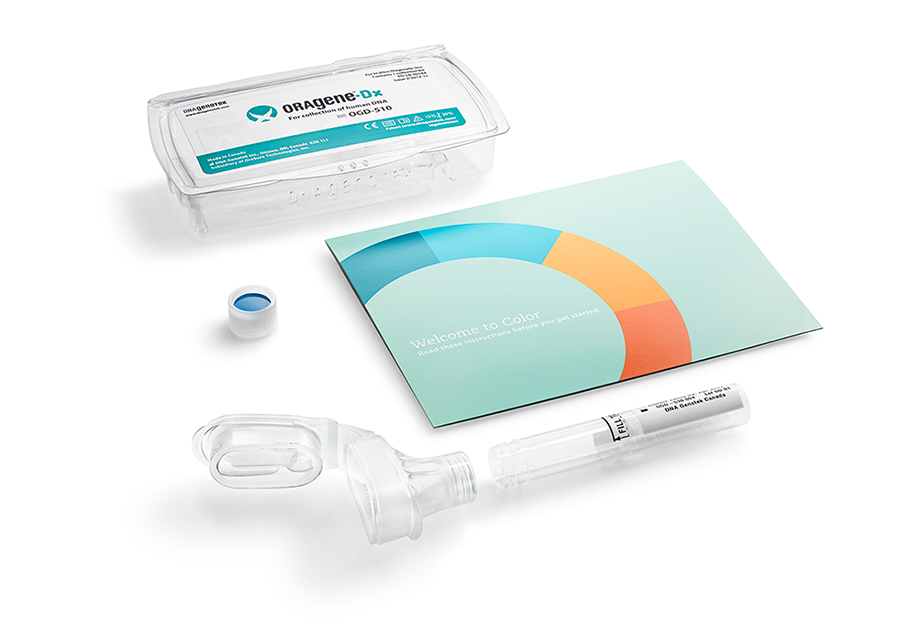 During Ovarian Cancer Awareness Month (September) and Breast Cancer Awareness Month (October), genetic testing company Color is reducing the price of its new BRCA Test. The test -- which looks for mutations in the BRCA1 and BRCA2 genes that are linke...
During Ovarian Cancer Awareness Month (September) and Breast Cancer Awareness Month (October), genetic testing company Color is reducing the price of its new BRCA Test. The test -- which looks for mutations in the BRCA1 and BRCA2 genes that are linke...
 There are a lot of valid security concerns when it comes to genetic testing and keeping your genome under wraps. But researchers at Stanford University have figured out a way to keep the vast majority of your genomic data hidden while looking for dis...
There are a lot of valid security concerns when it comes to genetic testing and keeping your genome under wraps. But researchers at Stanford University have figured out a way to keep the vast majority of your genomic data hidden while looking for dis...
 There are times in your life when bad news smashes into your gut like a sledgehammer into the solar plexus. "You've got those double dots next to your CYP1A2*F, which means that we class you as a fast metabolizer." But the man on the other end of the...
There are times in your life when bad news smashes into your gut like a sledgehammer into the solar plexus. "You've got those double dots next to your CYP1A2*F, which means that we class you as a fast metabolizer." But the man on the other end of the...
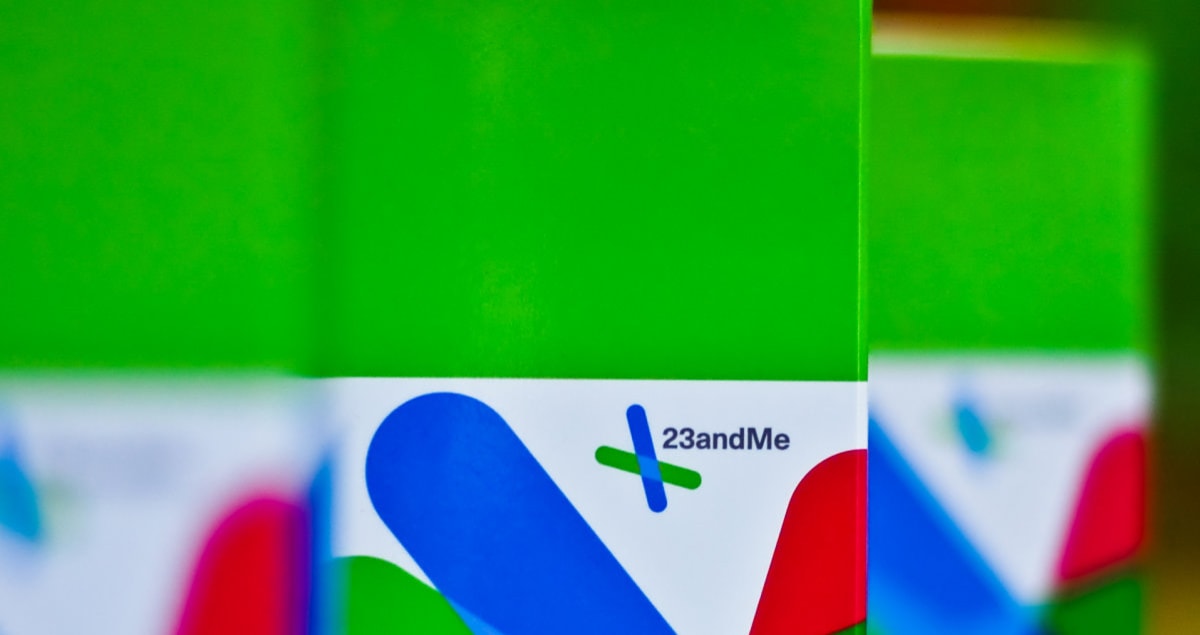 23andMe has been given the green light to resume some, but not all, of the health reporting that the FDA prohibited it from carrying out in 2013. The startup launched with the pitch that a sample of your saliva was enough to tell you where your anc...
23andMe has been given the green light to resume some, but not all, of the health reporting that the FDA prohibited it from carrying out in 2013. The startup launched with the pitch that a sample of your saliva was enough to tell you where your anc...
